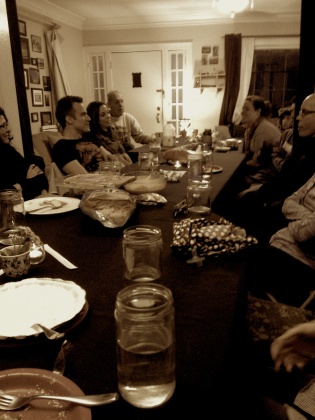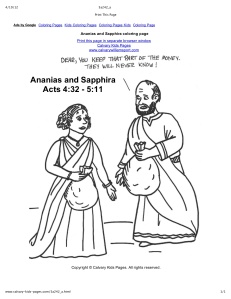
I don’t understand it and much of the time I don’t like it, but it’s true.
There are some hills that we cannot climb alone.
Although first glance may tell you otherwise, what follows is not really about cycling.
Near the end of my bike commute are two hills.
The first is on San Pascual, with a short but steep climb from the base of the Arroyo in Highland Park to the road that winds along into Pasadena. The second is another steep climb from the bottom of the Colorado Street Bridge to the top of Orange Grove.
Neither hill is that steep or that long, but near the end of a 14 mile commute, my legs feel like jelly and when I’m commuting solo I’ve never made it all the way up both hills in one day. I end up being that moron-on-the-side-of-the-road pushing his bike up a hill wishing I could tell all the cars passing by that I’ve been on my bike for over an hour, that I’ve only been riding this much for a few months, that I’m not a total lightweight.
It’s not that I don’t try. I start out determined to make it all the way up. This time will be different, I tell myself. I do that little winding-back-and-forth trick cyclists do. I stand up a bit to give myself a bit more leverage. I take advantage of any chance to get a little momentum. I even have some breath prayers I occasionally use to focus my energy and efforts.
But it’s not enough. There are some hills that we cannot climb alone.
The crazy thing is, though, some hills that we cannot climb alone we can climb together.
Most of the time I cyclo-commute with another guy, and when we ride together I always make it to the top of the hills. He’s confessed that he’s found the same rule to be true for him. When he rides alone, he’ll often end up hoofing it up to the top. When we ride together, we ride to the top.
It is a difficult, slow, and straining push to the top, but, together, we make it. Every time.
I don’t ride differently. I don’t breathe or pray differently. I don’t have less weight on my pack. I do everything exactly the same except…
…I have someone else climbing the hill with me. That’s it and that’s enough.
I don’t understand it and I don’t always like it, but there are some hills that must be climbed together.

